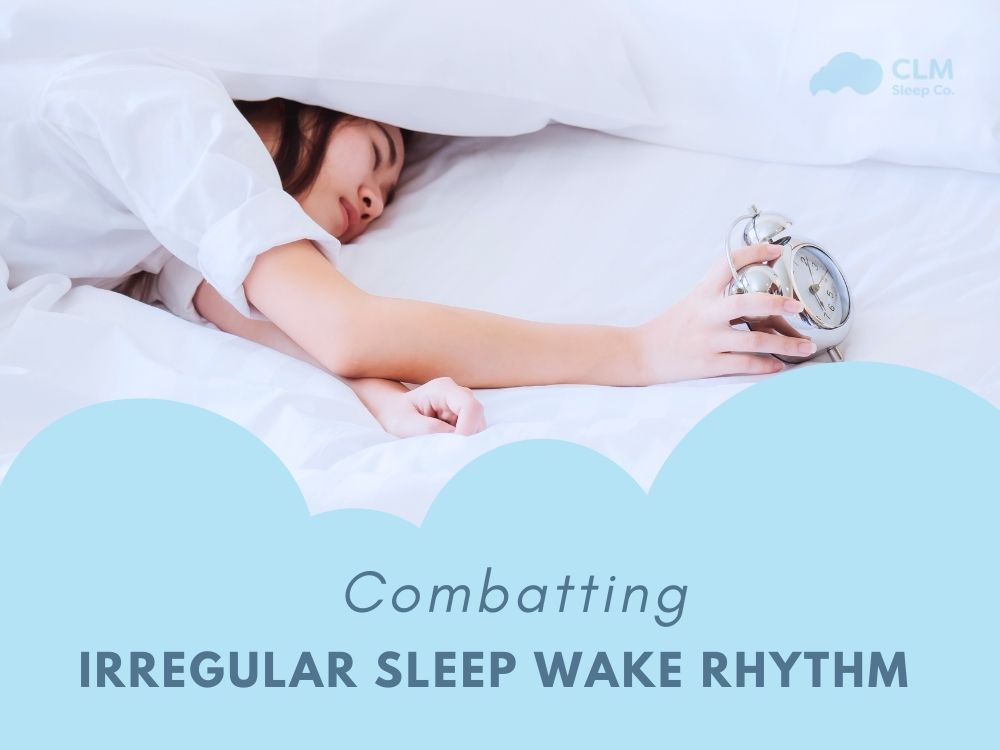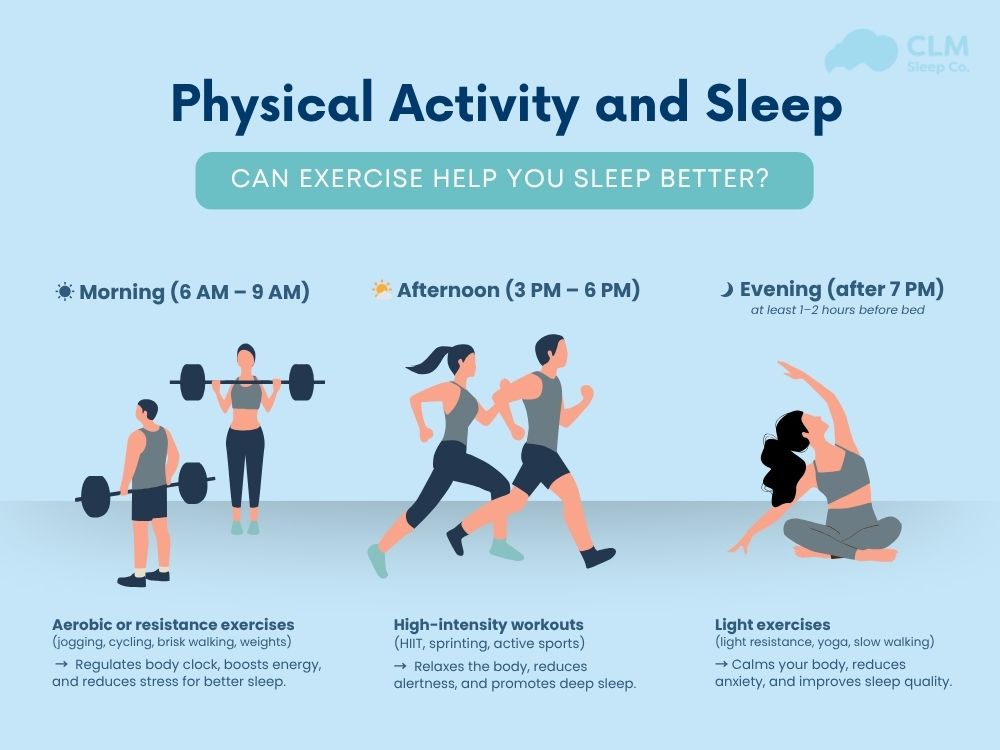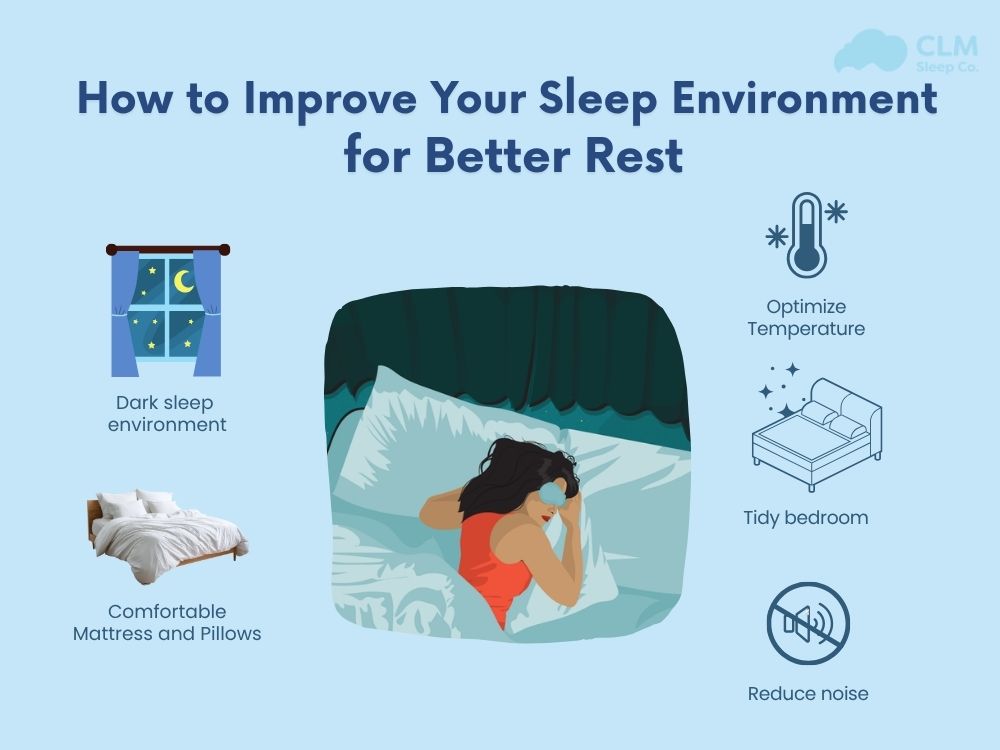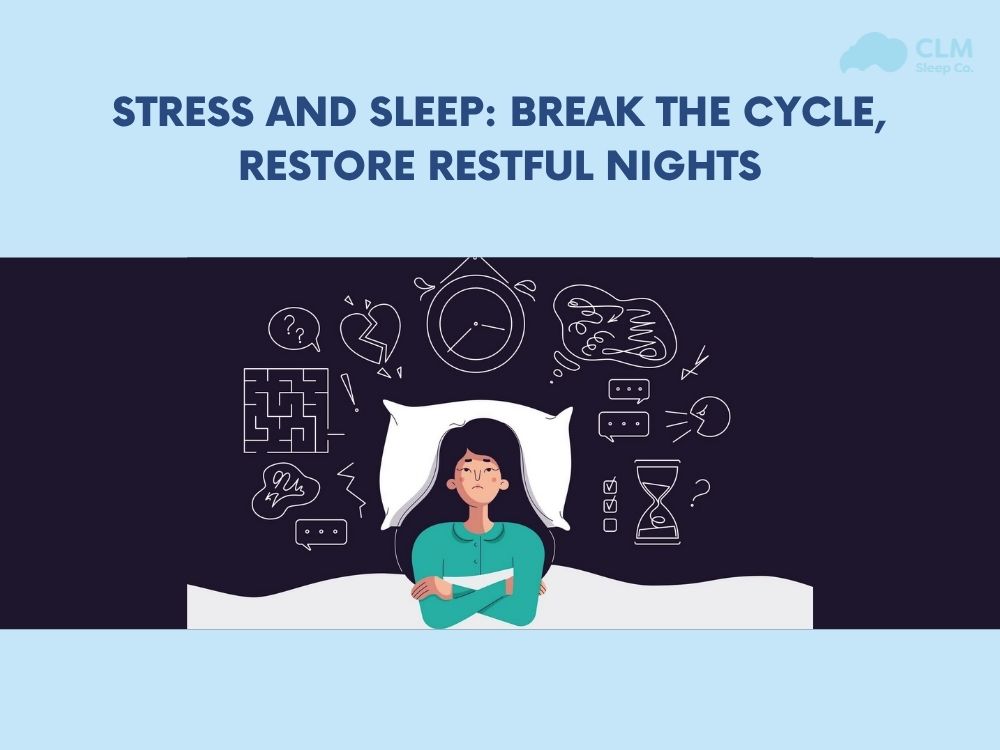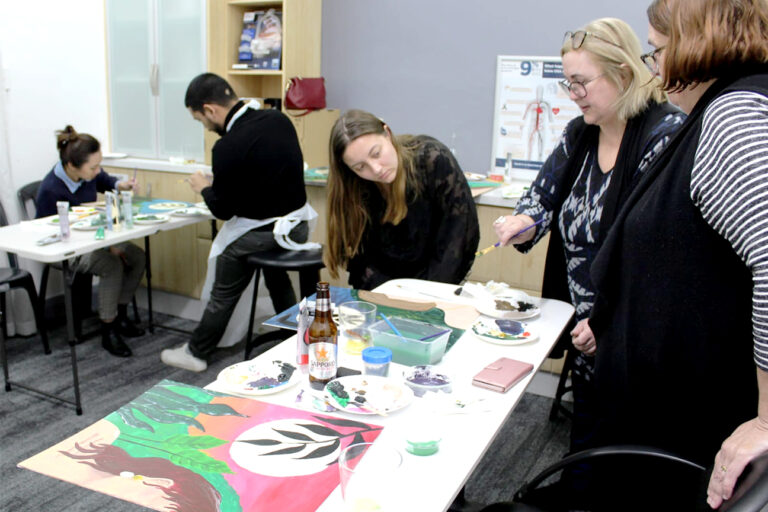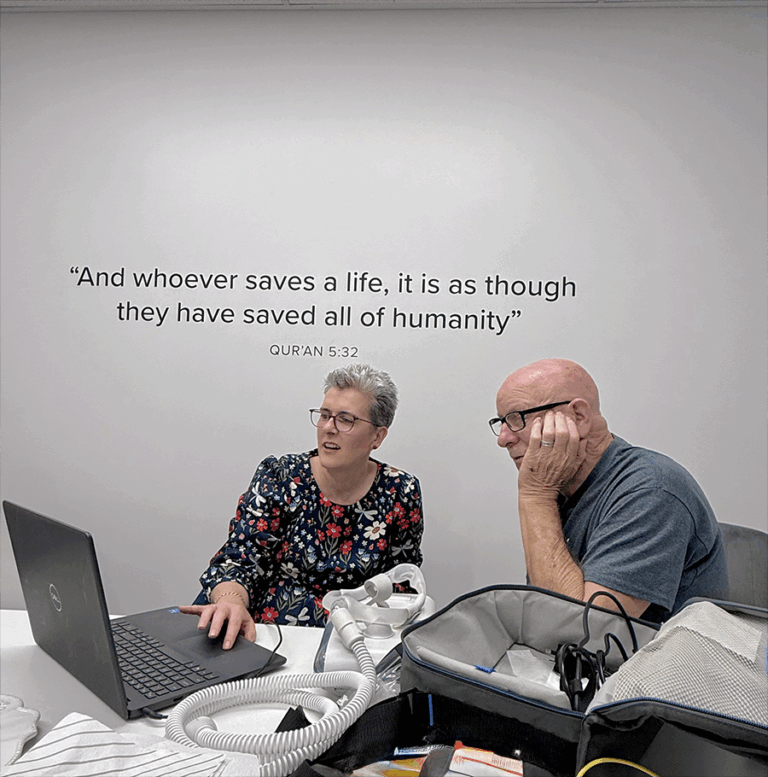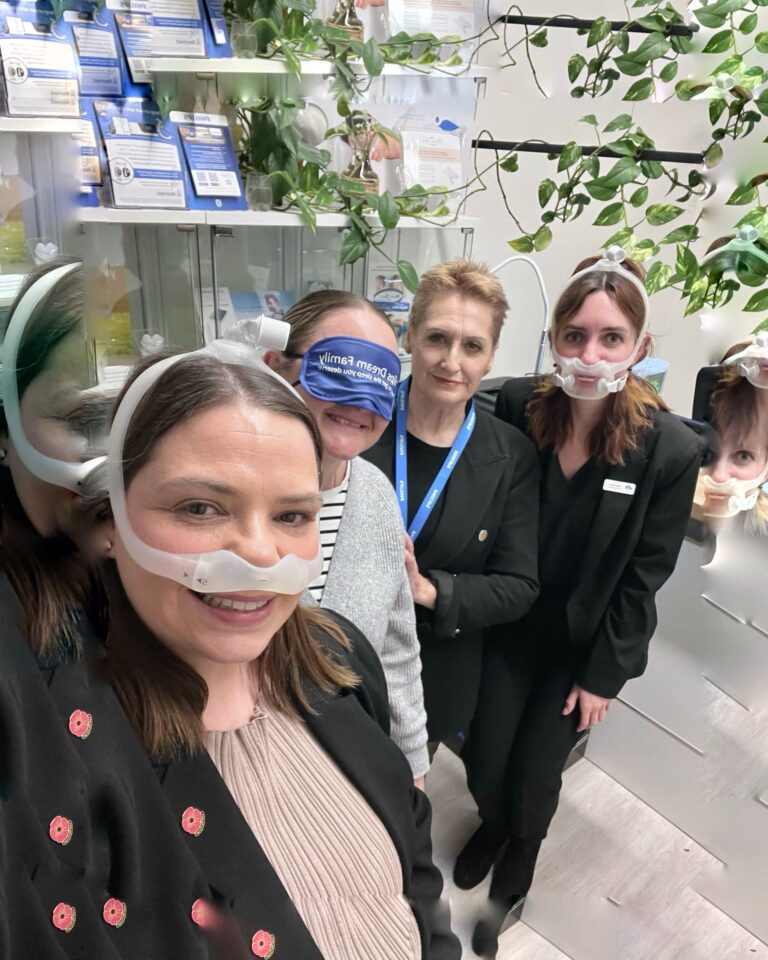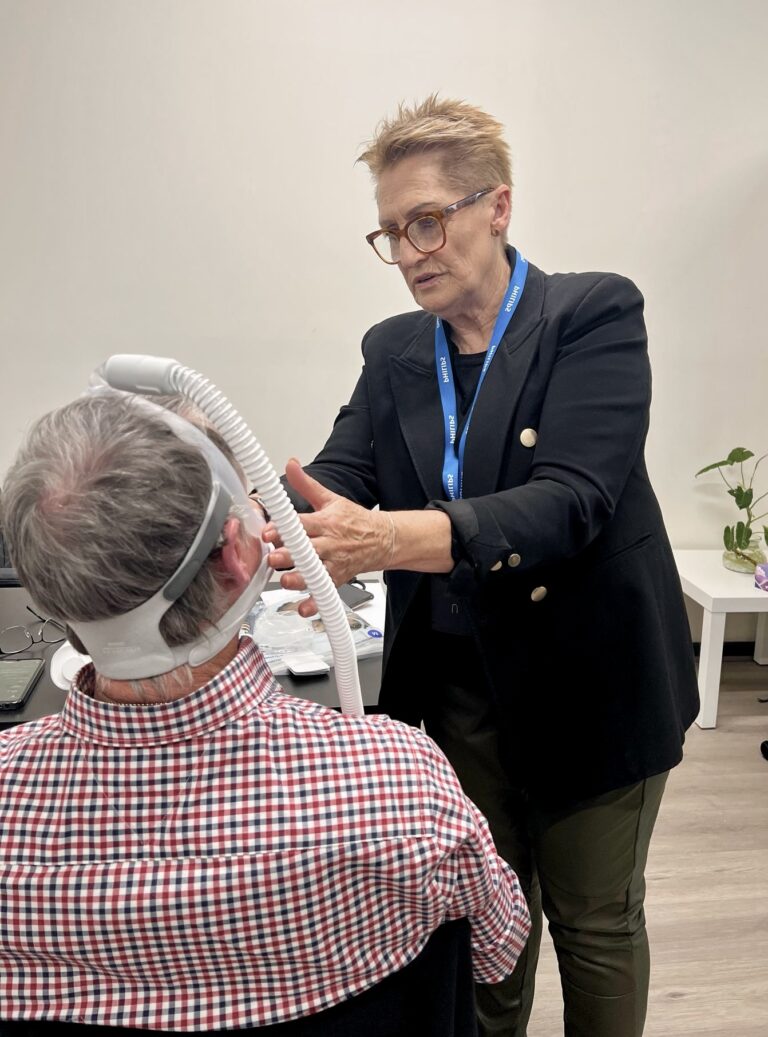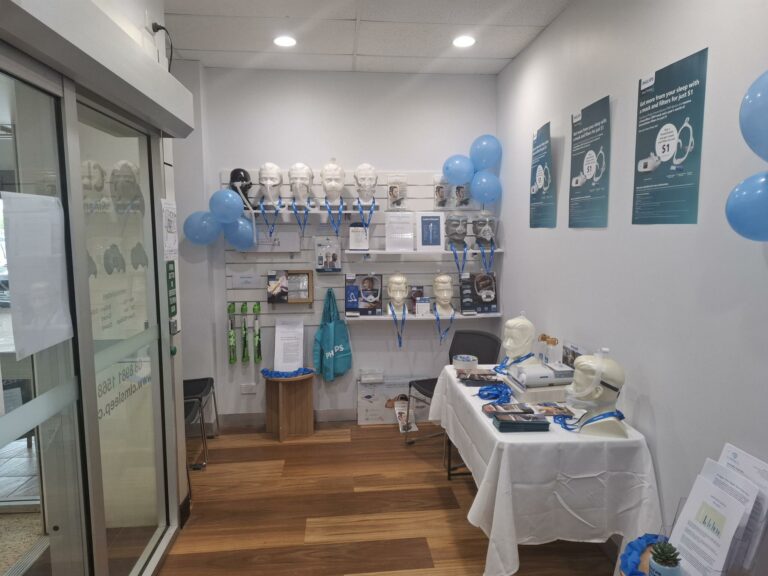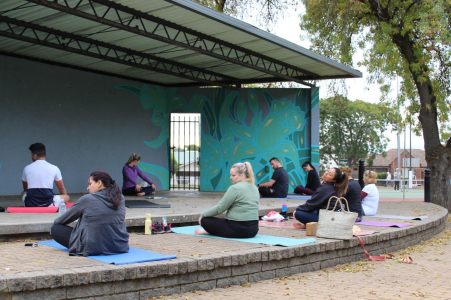Irregular sleep wake rhythm disorder is the reason why millions of people have difficulty maintaining quality sleep and a stable living schedule. If you notice signs of decreased concentration, constant sleepiness, or mood disorders due to irregular sleep, contact CLM Sleep immediately to receive a free consultation from Certified Sleep Coaches – an effective solution to help improve this condition and improve the quality of your daily life.
What is irregular sleep-wake rhythm disorder?
Irregular sleep wake rhythm disorder (ISWRD) is a circadian rhythm disorder where the coordination between sleep and wake cycles is almost completely disrupted. People with ISWRD often have short periods of sleep irregularly distributed throughout the 24 hours. The disease is common in the elderly, children with neurodevelopmental diseases and people with brain damage. Especially the Suprachiasmatic Nucleus – SCN, which regulates the internal biological clock.
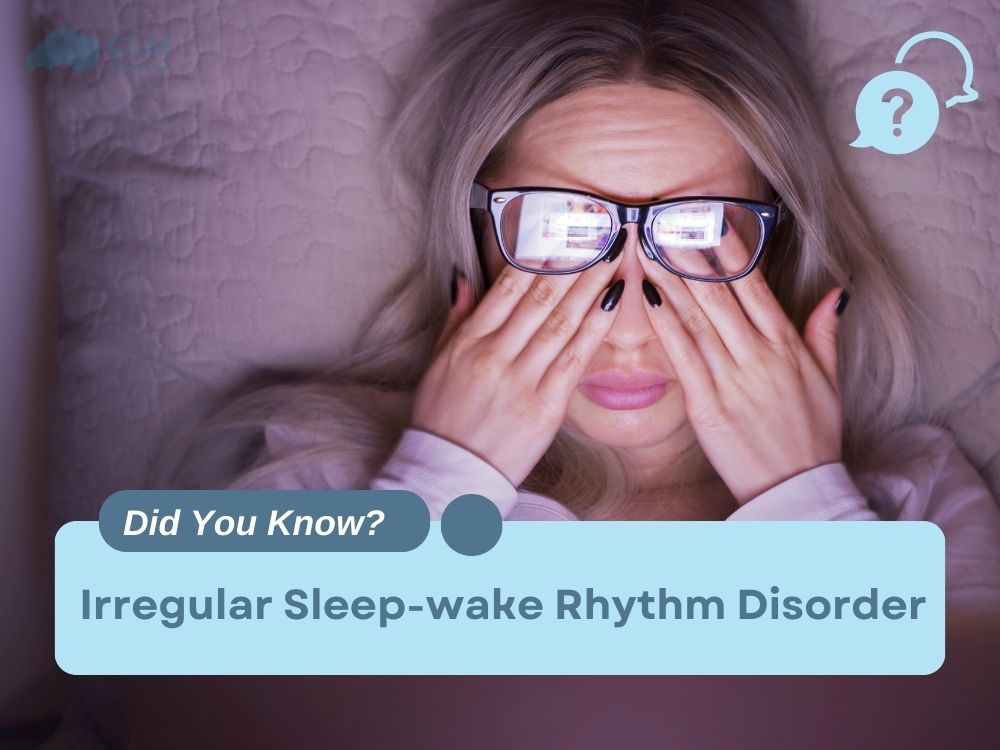
Disorganized sleep-wake cycles lead to significant cognitive symptoms: memory loss, difficulty concentrating, slowed thinking and increased risk of emotional disorders. Patients are often tired because they never have a long enough energy recovery period. For the elderly, ISWRD increases the rate of dementia, increases the risk of accidents due to daytime drowsiness, and causes patients to be socially isolated. In addition to its effects on the individual, this disorder also puts great pressure on families and caregivers.
See also some other sleep disorders:
Causes
The cause of irregular sleep wake rhythm is always a subject of careful analysis by sleep experts to determine appropriate intervention solutions.
Neurological disorders such as dementia, Alzheimer’s, traumatic brain injury or hypothalamic damage are recognized as a group of factors that cause sleep-wake rhythms to become chaotic. In particular, the hypothalamus is the center that controls the biological clock. Any defect here leads to a complete loss of the ability to establish a sleep-wake cycle. At the same time, it leads to a series of consequences on cognition as well as overall health.
Zeitgeber elements, including natural light, social interaction and outdoor physical activity. Act as “trigger signals” to help synchronize each person’s biological rhythm. Living in a closed environment, with little light exposure, lack of social activities or sudden changes in lifestyle reduces the performance of the biological clock. Leading to scattered, not deep sleep episodes and seriously impaired alertness.
Medical diseases such as thyroid dysfunction, depression, and prolonged anxiety. The use of some drugs that act on the central nervous system is also the cause of the appearance of irregular sleep wake rhythm. Chronic stress has also been shown to be a risk factor, causing the sleep-wake rhythm to become increasingly fragmented, increasing the decline in overall quality of life.
Read more: How Many Hours of Sleep Do We Really Need?
Symptoms of Irregular Sleep-wake Rhythm
24-hour fragmented sleep
The most noticeable symptom is that sleep is broken into many scattered periods regardless of day or night. The patient will have short sleeps lasting only 1–4 hours at a time. These sleep periods are not deep enough, causing the physical and mental recovery process to be seriously reduced. As a result, the body cannot accumulate the energy, leading to a lasting feeling of fatigue.
Sleeping in many short
The number of times people with this disorder sleep increases, but not according to any rules. During the day, short naps follow each other, but at night, it is difficult to maintain uninterrupted sleep and easily wake up in the middle. This causes major disruption to the biological clock, increasing the feeling of losing control oversleep-wake times.
Excessive daytime sleepiness:
A clear consequence of irregular sleep rhythm is a state of excessive daytime sleepiness. Patients not only have difficulty maintaining alertness, but also have reduced ability to concentrate, slow thinking, and significantly reduced performance.
Difficulty following a normal sleep-wake schedule
Loss of control over the wake/sleep schedule makes it impossible for the patient to integrate into society. The longer this condition lasts, the more likely it will lead to mental disorders such as depression or anxiety. Patients often feel lost and have difficulty connecting with their surroundings.
Insomnia or difficulty sleeping for a long time
Many people wake up many times during the night and do not feel recovered after sleep. Sometimes, they must lie down for a long time without being able to sleep deeply, and the feeling of drowsiness and lack of vitality lasts from day to day. Insomnia requires early intervention by Certified Sleep Coaches to prevent long-term complications for physical and mental health.
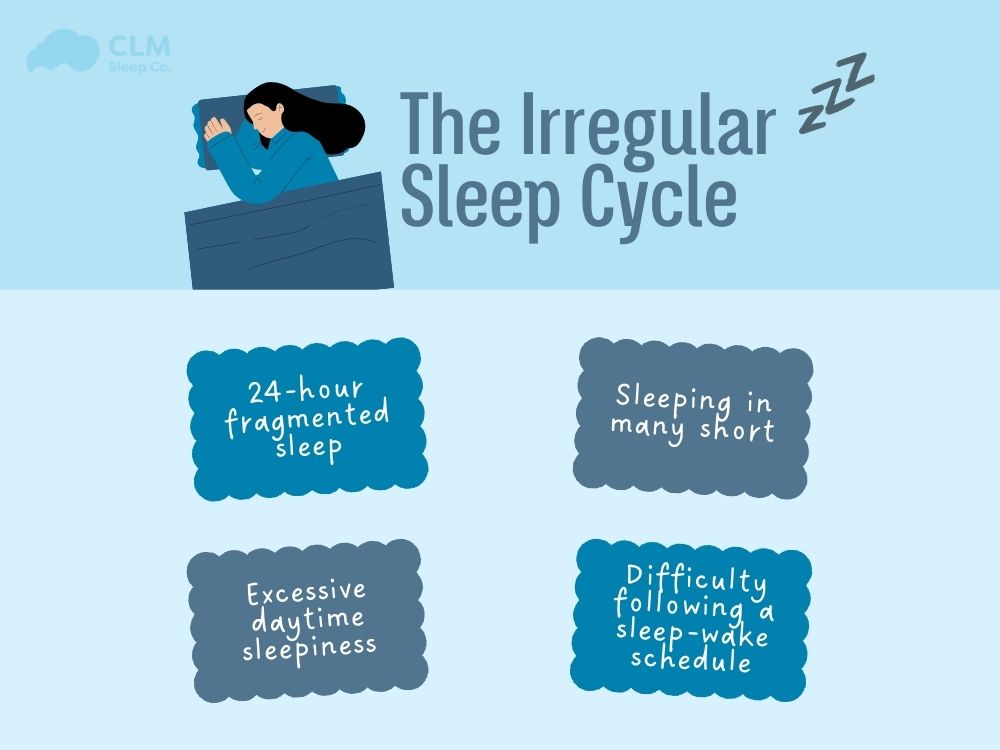
Read more: How to Fix Circadian Rhythm: Effective Strategies for Better Sleep
Diagnosis of Irregular sleep wake rhythm
Track sleep diary and actigraphy: This is considered a basic exploration step, helping sleep therapists easily identify signs of disorders. Through sleep recording combined with the use of a continuous movement measuring device for 7–14 days. Provides objective results on the number of sleep fragments, the absence of a core sleep period, and the degree of disorder of the individual’s circadian rhythm.
Polysomnography: In cases where it is necessary to rule out other causes such as sleep apnea syndrome, epilepsy, or chronic neurological disorders. Polysomnography is performed at specialized centers. This process uses a sensor system that closely monitors brain waves, heart rate, respiration, and body movements throughout the night. At the same time, analyze data to identify sleep fragmentation phenomena due to circadian rhythm disorders or other underlying diseases.
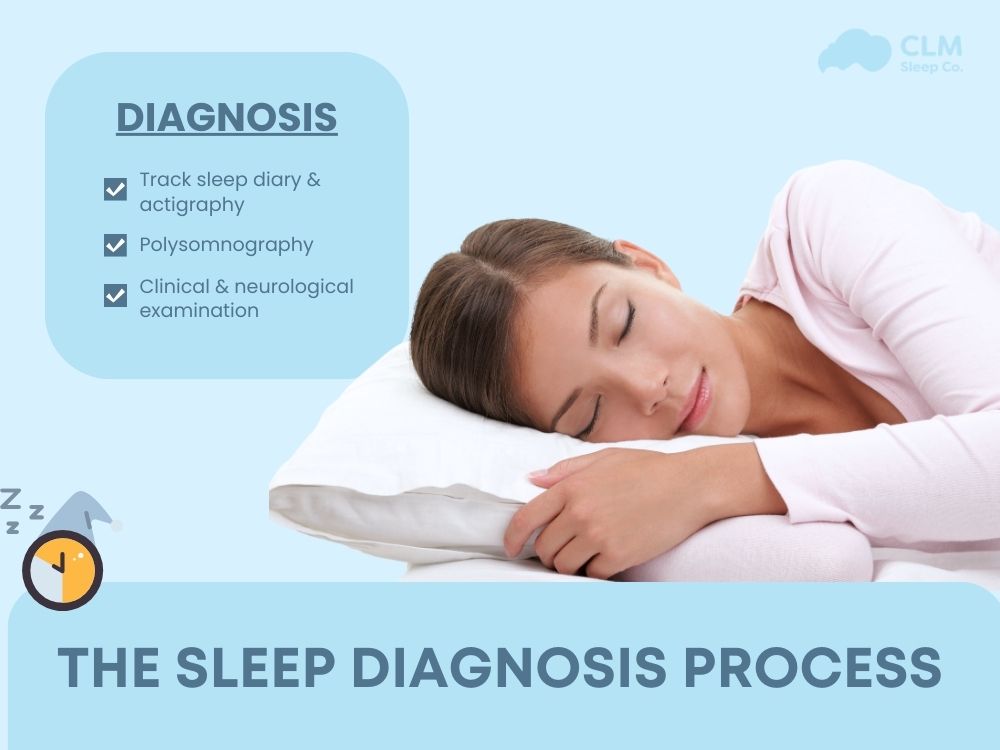
Clinical and neurological examination: A comprehensive diagnostic approach to the history of neurological and psychiatric diseases is something that cannot be overlooked. Especially in the elderly, people with dementia or those who have experienced traumatic brain injury, Certified Sleep Coaches need to comprehensively test consciousness, memory, mood and risk factors related to irregular sleep wake rhythm. Only when synthesizing enough data from diary, actigraphy, polysomnography and clinical assessment can an accurate conclusion be reached.
According to international guidelines, the diagnosis of irregular sleep wake rhythm requires a symptom duration of at least 3 months. Keeping a sleep diary helps confirm sleep fragmentation, combined with an in-depth neurological examination to help rule out other causes. This use of multi-modality helps ensure timely and targeted intervention for each patient.
Conclusion
Irregular sleep wake rhythm is understood as a complex circadian rhythm disorder. They seriously affect both the physical and mental health and quality of life of the sufferer. Timely diagnosis and treatment by our Certified Sleep Coaches team significantly improves sleep quality, performance, and overall health. If you detect signs of irregular sleep-wake or disorders in the sleep cycle. Please contact CLM Sleep for a free consultation – a comprehensive solution for all sleep problems!
